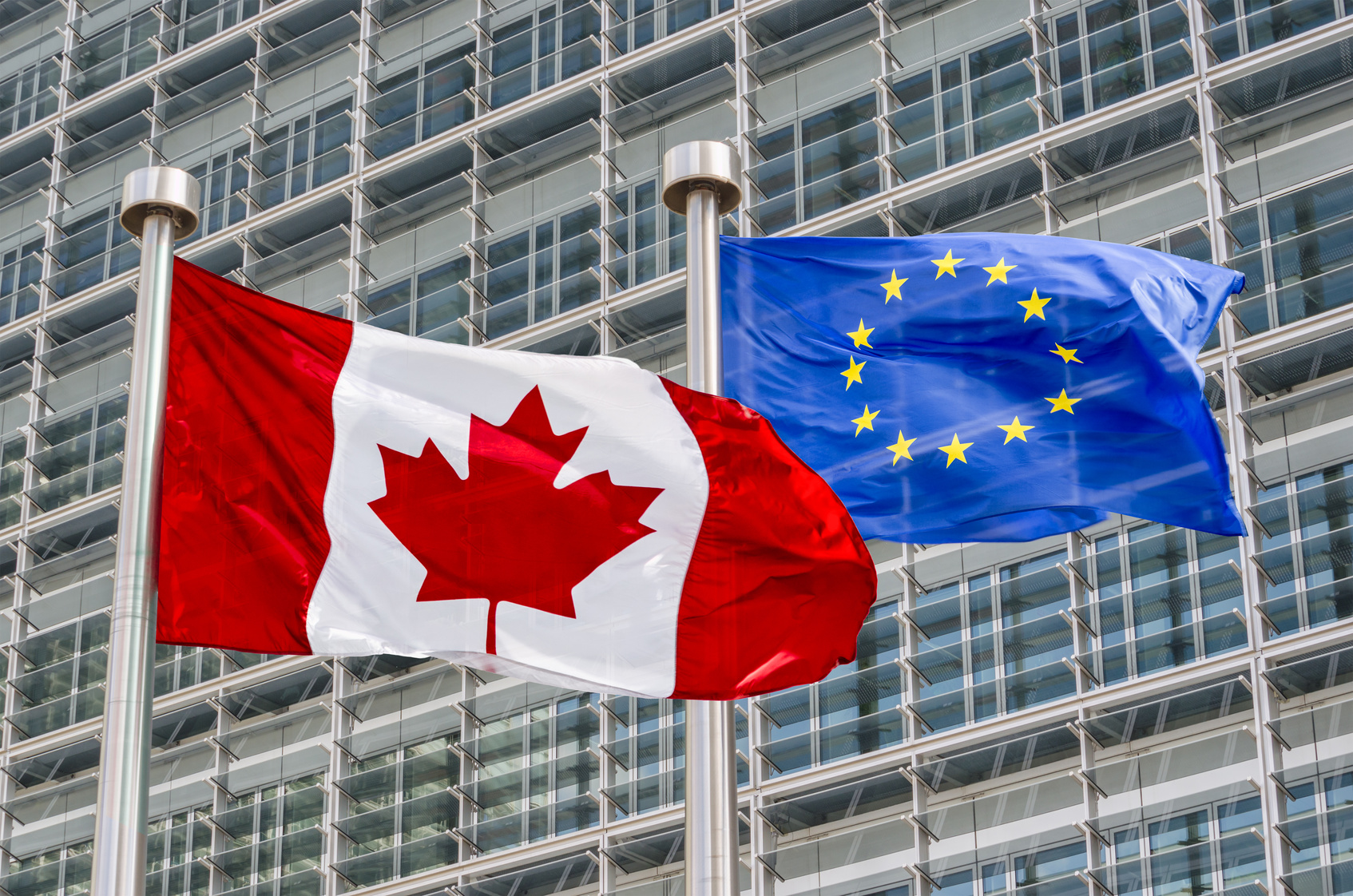EU-Canada

date: 28/06/2019
On 12-13 June 2019, the EU-Canada financial services committee met in Ottawa. Almorò Rubin De Cervin, Acting Director for General Affairs at the Directorate-General for Financial Stability, Financial Services and Capital Markets Union, attended the meetings. He explains what the key issues are in the area of financial services and why the EU is an important partner for Canada.
What would you say are the main priorities for Canada in the area of financial services?
Like all financial regulators and supervisors, the Canadian ones have the preservation of financial stability, investor protection and market integrity as overall policy goals. At a more operational level, Canada formulates its priorities through an annual policy cycle based on a twin exercise by, respectively, the Bank of Canada and Finance Canada. In the 2019 report, the Bank of Canada identified household and corporate debt levels, cybersecurity and crypto-currencies as some of the main risks. Finance Canada intends to address these risks and vulnerabilities through macro-prudential measures, the modernisation of the financial system, in particular payment systems, paying particular attention to cybersecurity, consumer protection and anti-money laundering. In a number of areas, Canada is looking at what the EU has done as a source of inspiration. The second payment services directive, for instance, is seen as an example.
Why do you think the EU is an important partner for Canada?
The EU is an important partner for Canada for several reasons: strong historical ties, common values, economic interests thanks to the size of EU markets, and the fact that the EU plays an active role in multilateral bodies like the G20, the G7, the Financial Stability or the Basel Committee. The EU is an influential voice when international regulatory and policy priorities are set. It carries weight when engaging with countries like the US, China, Japan. Accordingly, having a regulatory dialogue with the EU can be helpful for discussions at multilateral level where often Canada's positions converge with the EU’s. One of the large Canadian banks, the Royal Bank of Canada, a global systemically important bank according to the Financial Stability Board, also has an important European presence with a subsidiary based in Luxembourg. And there is some presence of EU banks in Canada. This supports strengthening supervisory cooperation as well. Finally, Canada is one of the partners that has benefitted most from the European Commission’s equivalence work, which adopted 20 equivalence decisions, even if soon one of those decisions, on credit rating agencies, will be repealed because the Canadian framework does not respond to the latest stringent requirements set out in EU regulations. In Canada regulation for market issues is at provincial level.
The EU is an increasingly strong advocate for sustainable finance. Have you discussed with your counterparts any opportunities for EU/Canada cooperation in this area?
Canada is one of ten countries with which the European Commission would like to work at international level on sustainable finance – since the G20 is divided on the topic. Canada is a like-minded country. The topic of sustainable finance itself is gaining traction in the domestic debate. In its annual review of the Canadian financial system, the Bank of Canada for the first time identified climate change as a risk to financial stability. Canada has drawn inspiration from the EU approach in developing policy proposals regarding sustainable finance. It is now in the reflection phase, and similarly to the EU an expert group has been tasked with drafting policy recommendations.
When will the next meeting take place?
The EU-Canada Comprehensive Economic and Trade Agreement (CETA) stipulates that the committee should meet annually in Brussels or Ottawa. We do not have strict obligations regarding the timing, but it is likely that next year’s meeting in Brussels will take place in June as well.
Read more on EU-Canada relations
